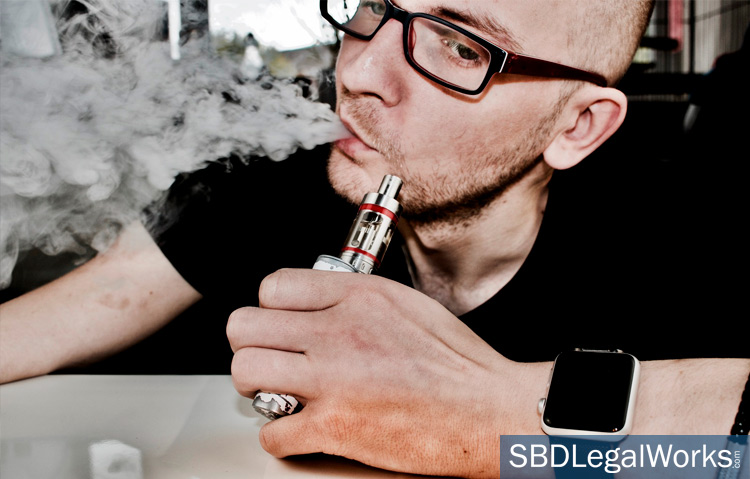
Vaping seemed to have so much promise for smokers and for society as a whole. Using electronic cigarettes or “e-cigarettes” would prevent nicotine from destroying the lungs of the smoker and getting into the air that everyone breathes. It’s the third most popular way to consume marijuana. But the promise ran into a roadblock on its way to fulfillment. People began getting sick and even dying, with the causes linked back to the e-cigarettes. Further investigation has pinpointed Vitamin E Acetate as the culprit.
Vitamin E Acetate is an oily substance. Its presence in common items, including food supplements and skin creams, seemed to suggest it could be used safely. The benefit of adding it to e-cigarettes was its similarity to THC oil—which is the key ingredient that provides the “marijuana high” to users.
But when put into practice, Vitamin E Acetate proved harder to understand. It turns out that its substance, while fine for rubbing on skin or consuming as a supplement, can be fatal when it’s inhaled. The Centers for Disease Control (CDC) says that’s because using Vitamin E Acetate in cigarettes requires that it be heated up, creating a vaporized grease that is damaging to the lungs.
On the surface, this can seem like an issue that might have been discovered in a normal trial-and-error process that would lead to ultimate Food & Drug Administration (FDA) approval once the product was safe—although even that theory doesn’t always work out as intended. The laws on marijuana use and vaping are inconsistent. Federal law still prohibits them, while various state laws allow it.
That translates into a mishmash of a regulatory framework where no state is the same. It also means that the black market for these products is still substantial. It all adds up to a bit of a Wild West atmosphere when it comes to understanding what’s going into e-cigarettes.
Advocates of vaping believe that the recent death toll strengthens the case for legalizing marijuana nationwide. The rationale is that a uniform regulatory framework would be included in the implementing legislation and that would allow the normal trial-and-error process of any other legal drugs to take place before going to market. Critics of vaping naturally feel differently and have made their own case for banning e-cigarettes.
Neither sweeping approval or an outright ban seems imminent, so that means consumers have to keep themselves safe using the best information possible. The case has been made for simply banning Vitamin E Acetate. The CDC is advising people to avoid e-cigarettes containing either Vitamin E Acetate or TCH. The advisory body further counsels smokers not to return to traditional smoking if they are unable to find a healthy vaping alternative. They instead offer guidance on how best to simply quit smoking.